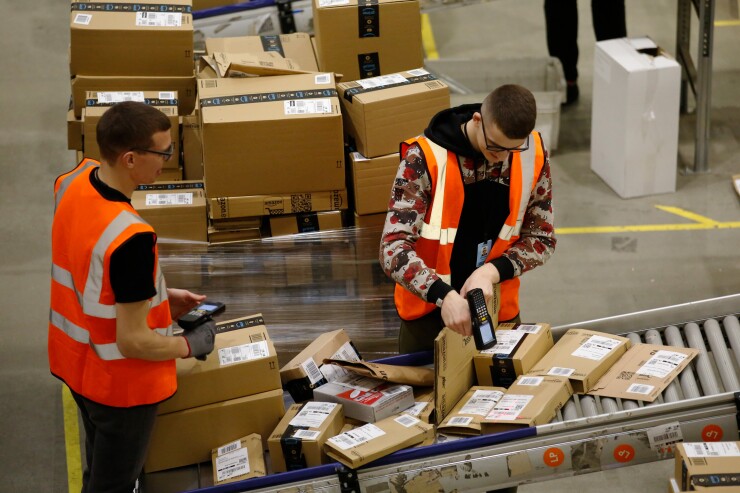COVID-19 has brought flex time and remote work into the spotlight and forced us to re-evaluate our work culture. We’re putting our long-held values and beliefs about being physically present in the office on pause.
It’s not just Silicon Valley tech companies and empathetic managers letting their employees embrace a flex schedule right now. But what if you need to be on-site to do your job? How do you fight fires, take care of sick patients, manufacture tortilla chips, or fly a plane — through Skype?
Until automation takes over, we need people physically at work. In fact, Gallup estimated that just 43% of employees worked remotely in some capacity in 2016. While this isn’t an indication that 57% of employees can’t work remotely, it does suggest
Concerns among hourly workers about missing work due to COVID-19 has sparked a unanimous response from tech giants. Amazon, Google, Microsoft, Facebook, and Twitter have all pledged to continue paying hourly workers regardless of work performed. Olive Garden’s parent company implemented paid sick leave for hourly workers — a huge moment for restaurant employees. Walmart, Sam’s Club, and corporate-owned McDonald’s
Microsoft acknowledged the impact that a loss of wages can have on the economy as a whole and the hardship it poses to individual employees and their families. They're in a privileged position, as they can continue to pay their employees regardless of hours worked. They’ve urged large employers with similar resources to do the same.
Large companies should continue to pay employees. But what about the little guys? What should smaller businesses without the resources of a multinational corporation do for their employees?
According to the U.S. Small Business Administration, small businesses employ over 47.5%, or 58.9 million, U.S employees. “There are articles every day about small businesses trying to make ends meet due to the sudden decline in patrons,” said Andrew Chau, Co-Founder & CEO of Boba Guys. So, what happens if small businesses can’t afford to keep paying employees regardless of work performed?
Your employees need to know you have their back. You’ll not only ease their fears about having a place to sleep, but you’ll also be letting them know you appreciate them and that you’re doing everything you can to help them through this uncertain time. In fact, easing financial stress could have an even greater impact on employee health. Studies have shown that when people are stressed, their immune system is taxed and they’re more likely to catch a cold. Bills don’t stop during a crisis. Providing a financial lifeline can help minimize financial distress for employees experiencing workplace disruptions like the ones we’re witnessing around the country today.






